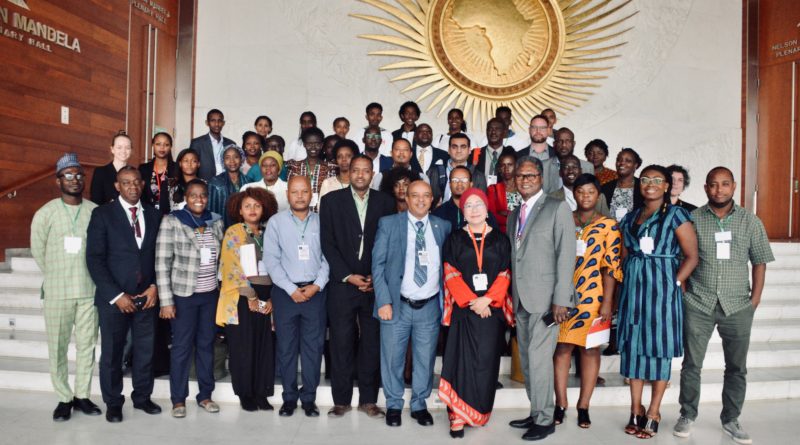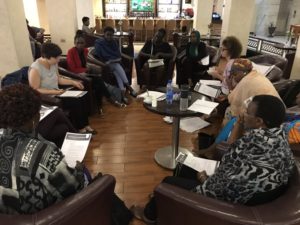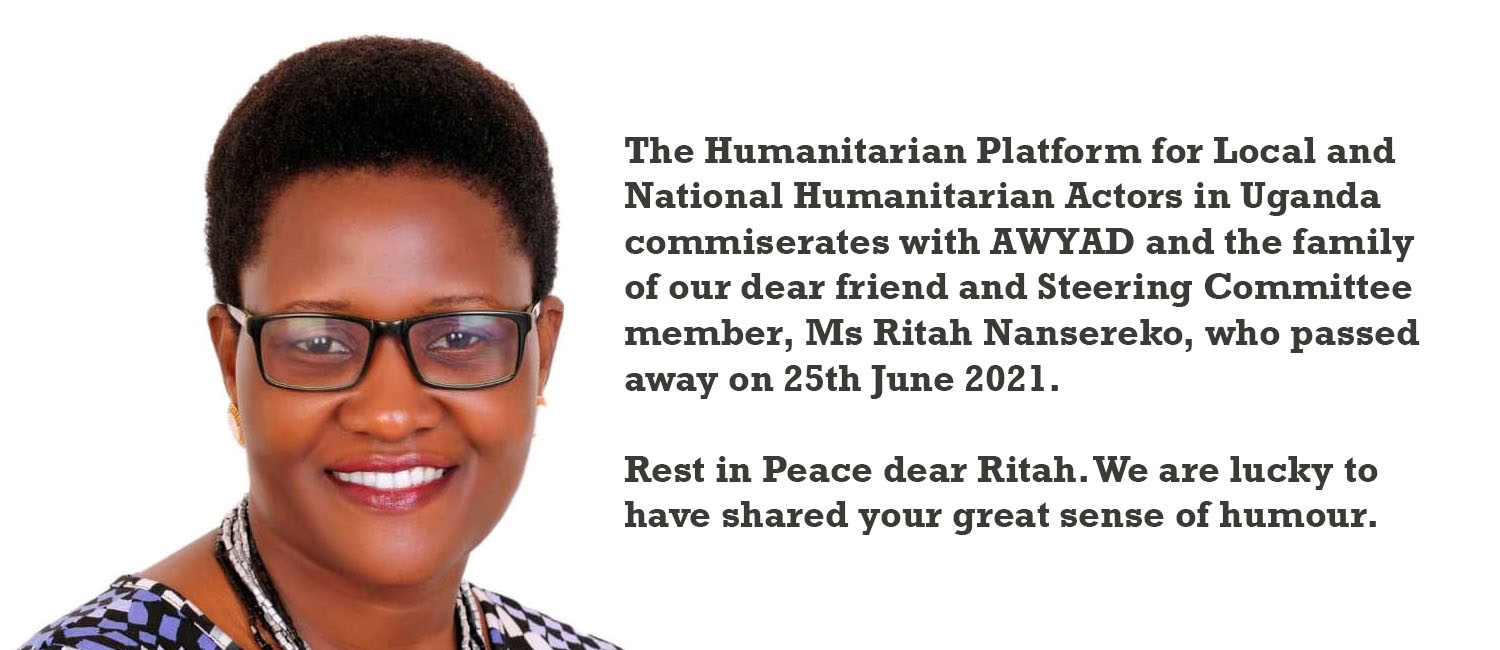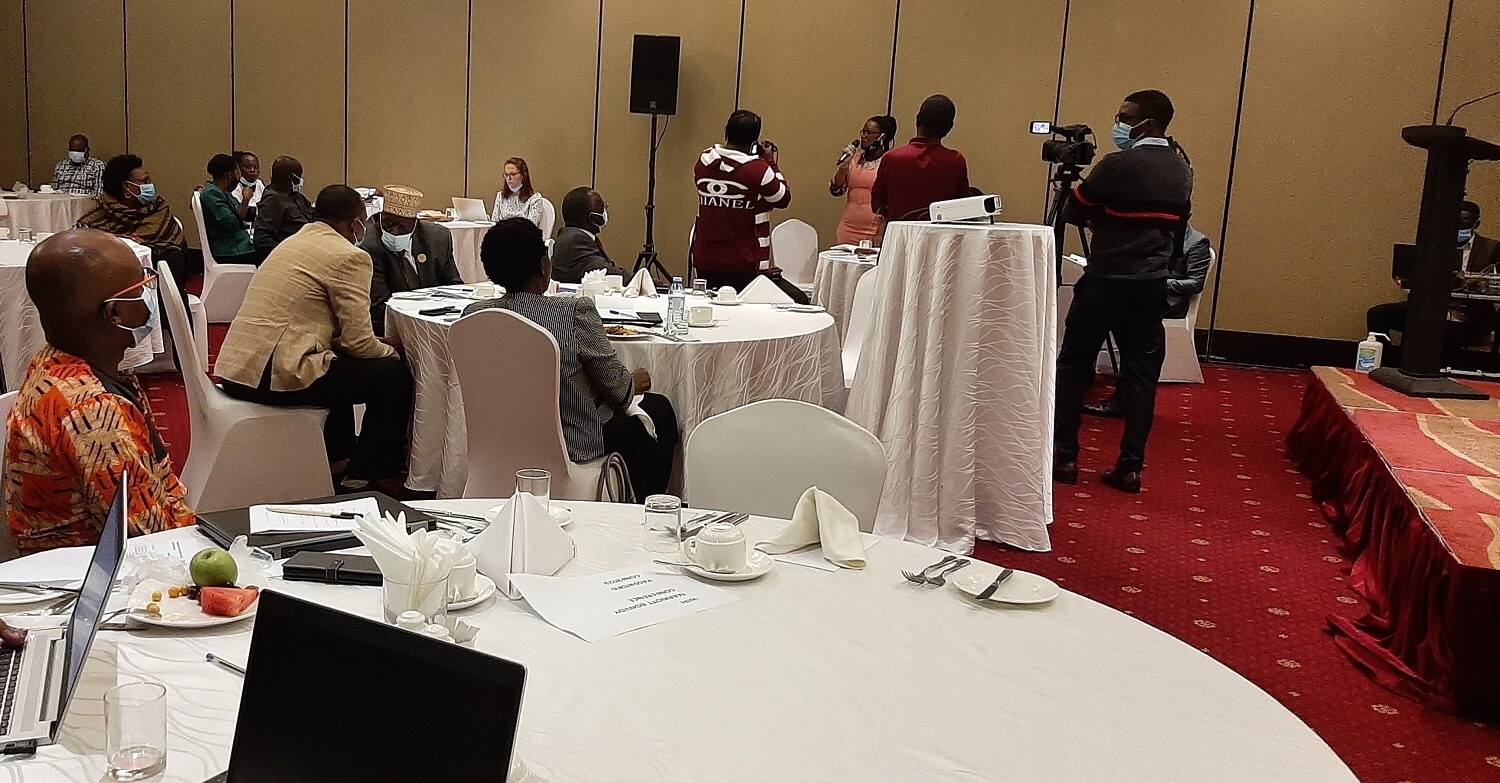
Consolidated Efforts Need “the Will” – African Regional Conference on Localization of Aid
In the recent past, there has been growing recognition for the need to empower local communities and organizations to effectively respond to humanitarian needs. Nevertheless, significant portions of humanitarian financing remains channeled to International NGOs leaving local communities and organizations inadequately funded. Despite commitments to reinforce local and national capacities, data reported to UN Office for Coordination of Humanitarian Affairs (OCHA) Financial Tracking Service shows that only 2% of international humanitarian assistance in 2016 went directly to local and national responders, and national and local Non-Governmental Organisations (NGOs) received just 0.3% directly (Global Humanitarian Assistance Report 2017 Page 9).
At the World Humanitarian Summit, held in May 2016 UN Secretary General laid out his vision in his report One Humanity: Shared Responsibility and its annex, the Agenda for Humanity and called upon the international community to put local response at the heart of humanitarian efforts. The summit also triggered Charter for Change that sets a specific target of 20% of humanitarian funding to be passed to southern-based NGOs by May 2018. The Grand Bargain (GB), another major outcome of the summit, seeks to make emergency aid finance more efficient and effective, committing to “a global, aggregated target of at Least 25% of humanitarian funding to local and national responders as directly as possible” and principled humanitarian action as local as possible and as international as necessary.
Since 2016, significant efforts have been undertaken at the international, national and local level by the Grand Bargain signatories to achieve the goal of providing more support and funding tools for local and national responders (Workstream 2) to realise the Grand Bargain commitments, however this seems to have fallen on unprepared ground hence taking long to germinate most especially by local actors.
As such; as co-conveners of the localization workstream (a network of major donors, UN agencies, international non-governmental organizations and the International Red Cross and Red Crescent Movement), on 15-16 July 2019, the International Federation of Red Cross and Red Crescent Societies (IFRC) and the Government of Switzerland convened over 100 delegates from all over Africa to discuss on how the already existing efforts can be harmonized to bring about more significant changes at system, strategic and operational levels.

Addressing the participants, the Head of the AU’s Division on Humanitarian Affairs, Refugees and Displaced Persons, in the department of Political Affairs, Amb. Olabisi Dare highlighted that, localization of aid should aim at increasing the quantum of funding that reaches national actors including Community actors; and more importantly enhance the capacity development of the national and Community actors to effectively govern overall humanitarian assistance.
Eve Amez-Droz, Deputy Head of International Cooperation, Swiss Agency for Development and Cooperation in Ethiopia, said: “A localised approach to aid has many benefits. It improves local ownership and awareness of aid, promotes its relevance, and allows for a more inclusive response, integrating the participation of affected people.”
Among the agreed on key priorities to accelerate the localization agenda in Africa included greater and meaningful representation of local actors in humanitarian decision making bodies, more investment in local institutional capacities to ensure systems, mechanisms and necessary policies are in place to harness accountability and transparency; and more targeted humanitarian support for women-led organizations to address issues pertaining women holistically such as women leadership, economic empowerment and norm changes due to changes in contexts. They also highlighted the need for governments to support the development of their own civil society responders; to develop domestic laws and policies to facilitate and regulate international response; and to seize the opportunity of the African Union’s new Humanitarian Agency, which will soon be established.



